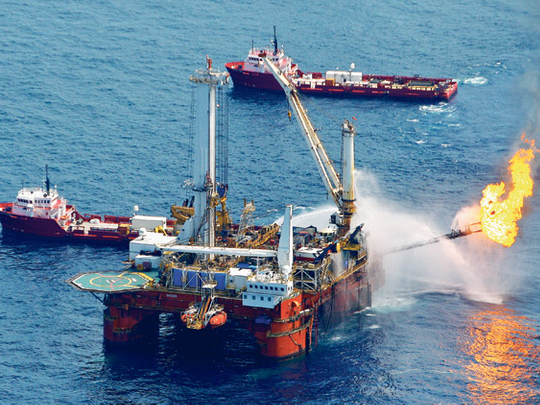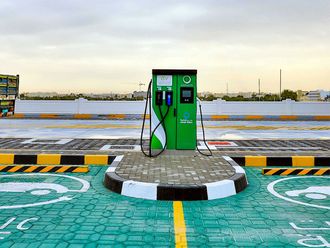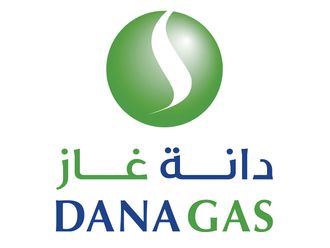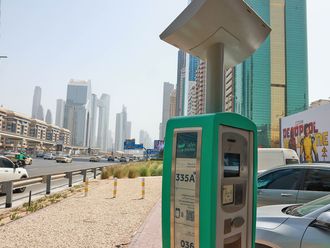
New York: Revisions to a US ban on deep- water drilling will do little to restart Gulf of Mexico operations brought to a standstill by the worst oil spill in the country's history, industry groups and analysts said.
The policy announced on Sunday may let some deep-water work resume earlier than the six-month pause ordered by the Obama administration May 27, according to the Interior Department. A federal judge rejected the initial moratorium, imposed in response to the BP oil spill in April.
Regulations and Congressional opposition after the accident will prevent most new drilling, said Kevin Book, a managing director at ClearView Energy Partners, a Washington-based policy analysis firm. Companies have cancelled drilling contracts and shut down rigs since the original ban took effect.
"The de facto moratorium is the part that the administration is very clear about," Book said in an interview. "Even if there were no moratorium, there would still be regulations, there would still be Congress. Practically speaking, we expect nothing to change."
US President Barack Obama had halted drilling in waters deeper than 152.4 metres to give a presidential commission time to study improvements in the safety of offshore operations. US District Judge Martin Feldman cited legal flaws in the original moratorium in a June 22 ruling, and last week a three- judge appeals court panel denied the administration's request to place a hold on Feldman's ruling.
Safety questions
"I remain open to modifying the new deepwater drilling suspensions based on new information," Interior Secretary Kenneth Salazar said in a statement Monday. "But industry must raise the bar on its practices and answer fundamental questions about deepwater safety, blowout prevention and containment, and oil spill response."
The new moratorium differs from the May 27 ban by identifying at-risk wells based on drilling configurations and technologies instead of water depth. The previous version barred drilling deeper than 500 feet, a distinction Judge Feldman questioned in rejecting the ban.
The new ban applies to wells that use subsea or surface blowout preventers on a floating facility. The blowout preventer used at BP's Macondo well 5,000 feet below the surface failed after an April 20 explosion that later sank the drilling rig.
The moratorium on deep-water drilling will last until November 30, or until Salazar finds that "drilling operations can proceed safely," according to the statement. Under the revised restrictions, repeatedly described by Salazar as "suspensions", the government may allow new wells if the industry shows it has raised safety standards, according to Salazar.
"We keep getting caught in semantics," Jim Noe, general counsel for Hercules Offshore, the largest owner of shallow-water rigs in the Gulf, said in an interview. "There is no offshore drilling until the government issues permits. That means we'll continue to see drilling rigs attempt to leave."
The six-month moratorium followed the sinking of the BP-leased Deepwater Horizon rig in the Gulf of Mexico off the Louisiana coast. Hornbeck Offshore Services and other offshore service and supply companies on June 7 sued US regulators, including Salazar, seeking to lift the ban.
The new moratorium supersedes the May 27 ban and "renders the challenge by Hornbeck and the other plaintiffs moot," the Justice Department said in a statement. Two New Orleans courts were asked by Salazar to dismiss the industry lawsuit.
"We've just received the decision memorandum of the government," Carl Rosenblum, a lawyer representing Hornbeck and other plaintiffs, said in a tele-phone interview. "We have substantial concerns about whether it is consistent with Judge Feldman's order."
The companies have argued they would suffer irreparable economic harm from the suspension of drilling, a theme echoed by officials of Gulf Coast states such as Louisiana's Republican Governor Bobby Jindal.
"The practical effect is that whether you call this a suspension or a moratorium, there is not a clear path for deepwater exploration companies to follow," Burt Adams, chairman of the Washington-based National Ocean Industries Association, said in a statement Monday. "Until such a path exists, exploration is at a standstill and more jobs will be lost."
Safety requirements
The temporary ban will allow time to implement new safety requirements, Salazar said. The Interior Department last month said offshore drillers must include information about the possibility of a well blowout when seeking permits.
The revamped moratorium provides "exactly the kind of flexibility and specificity that the court was looking for when it rejected what it regarded as the sweeping nature of the administration's moratorium," said Elgie Holstein, oil-spill response coordinator in Washington for the Environmental Defense Fund.
The new version provides for "an earlier lifting of the moratorium if the industry is able to demonstrate a willingness and ability to put in place new safety measures," Holstein said.
Diamond offshore
Diamond Offshore Drilling Inc said on Monday it would move a second deepwater rig out of the Gulf of Mexico to waters off the Republic of Congo due to a US drilling moratorium, and the industry expects others to follow.
Diamond's move is with the same customer, Murphy Oil Corp, but the old four-year contract running to March 2012 has been restructured into a one-year Gulf of Mexico commitment set to restart when Murphy feels it can get permits and meet regulatory requirements.
On Friday, Diamond became the first company to pull a rig out of the Gulf of Mexico because of the deepwater moratorium. That rig had previously been contracted to Devon Energy Corp, which declared a force majeure.
The new international contract for the Ocean Confidence is for three wells, plus an option for extra work, and Murphy will handle the costs of mobilizing the rig to and from Congo. The two contracts combined will generate up to $234 million (Dh859.5 million) in revenue, Diamond said, without giving further details.
— Reuters












